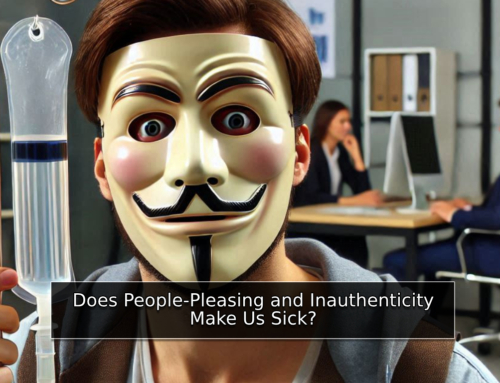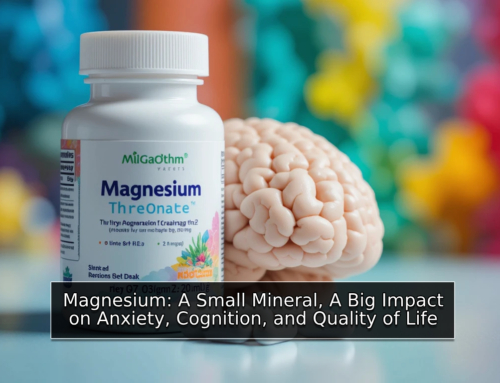TF-ACT – Navigating Trauma & Building Resilience
What is Trauma? Trauma is a severe psychological response to distressing events that threaten our physical or emotional integrity. Whether it’s a one-time occurrence, like an accident, or ongoing challenges like abuse or prolonged stress, trauma is not just the event itself—it’s the deep emotional and physiological wound left behind.
Types of Trauma We Address:
-
Direct Trauma: Personal experience of a shocking event.
-
Indirect (Vicarious) Trauma: Exposure to others' trauma, often experienced by therapists, first responders, or family members.
-
Complex Trauma: Repeated, long-term exposure to distressing environments.
Common Responses to Trauma: Trauma can manifest in many ways, including flashbacks, avoidance of certain places, mood shifts, and a constant sense of hyper-arousal (feeling "on edge"). It often impacts sleep, concentration, and the ability to trust in relationships. Physically, it may show up as chronic tension, headaches, or digestive issues.
The Power of the TF-ACT Approach TF-ACT (Trauma-Focused Acceptance and Commitment Therapy) is an innovative, evidence-based framework. Instead of getting stuck in the past, TF-ACT provides practical tools to help you live in the present and manage the difficult thoughts and emotions that arise.
Studies show that TF-ACT is highly effective in reducing the impact of post-traumatic stress, improving social engagement, and enhancing overall quality of life by focusing on:
-
Present-Moment Awareness: Learning to stay grounded when the past tries to pull you back.
-
Acceptance: Observing difficult thoughts and feelings without being overwhelmed by them.
-
Skill Building: Acquiring concrete tools to regulate your nervous system.
-
Values-Driven Action: Reconnecting with what matters most to you today.
The Benefits: Reconnecting with Life Working with TF-ACT offers a journey toward deep resilience, going beyond mere symptom management:
-
Nervous System Regulation: Finding safety within your body and releasing chronic physical tension.
-
Emotional Balance: Navigating between states of hyper-arousal and numbness to find a healthy middle ground.
-
Self-Compassion: Replacing self-criticism with a supportive, non-judgmental inner dialogue.
-
Overcoming Dissociation: Gently reconnecting with yourself and your surroundings.
Take the First Step You don’t have to navigate the weight of the past alone. My approach focuses on empowering you with the tools to reclaim your life and build a future rooted in strength and purpose.
Ready to start? Contact me today for an initial consultation.
Contact now
Ready to take the first step towards positive change? Contact me now for more information and to schedule an appointment. Whether you prefer in-person sessions in Tel Aviv or virtual meetings via Zoom, my integrated approach of Cognitive Behavioral Therapy (CBT) and Acceptance and Commitment Therapy (ACT) can help you break free from struggles and find greater fulfillment in life. I'll be sure to get back to you as soon as possible. Let's embark on this transformative journey together!
Call Whatsapp 052-2325511
Or fill out the following form.
Can ACT and CBT assist you or your loved ones?
Welcome to my therapy practice, where I offer a powerful combination of Cognitive Behavioral Therapy (CBT) and Acceptance and Commitment Therapy (ACT) techniques. CBT is a goal-oriented, short-term approach that's highly effective for anxiety, depression, low self-confidence, and more. ACT complements CBT, helping you navigate life's challenges and find fulfillment and authentic, happier life.
If you're struggling with anxiety, depression, low self-image, or facing setbacks, CBT combined with ACT may be the key to transforming your life. Break free from the struggle and take a step towards a happier, more fulfilling life.
Contact me today to schedule an appointment and embark on your journey of positive change. You don't have to face it alone; I'm here to support you every step of the way. Let's work together to create the life you deserve!





